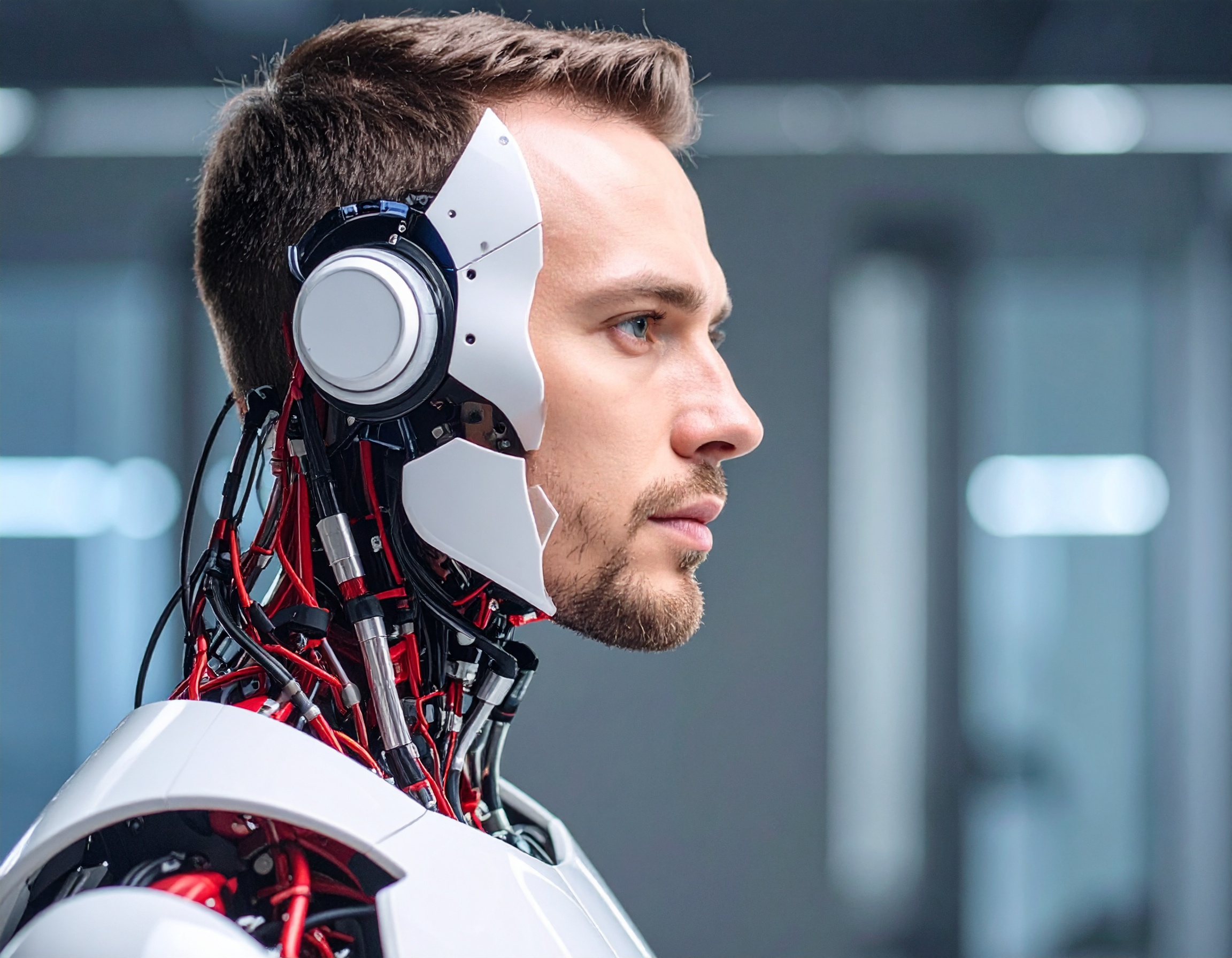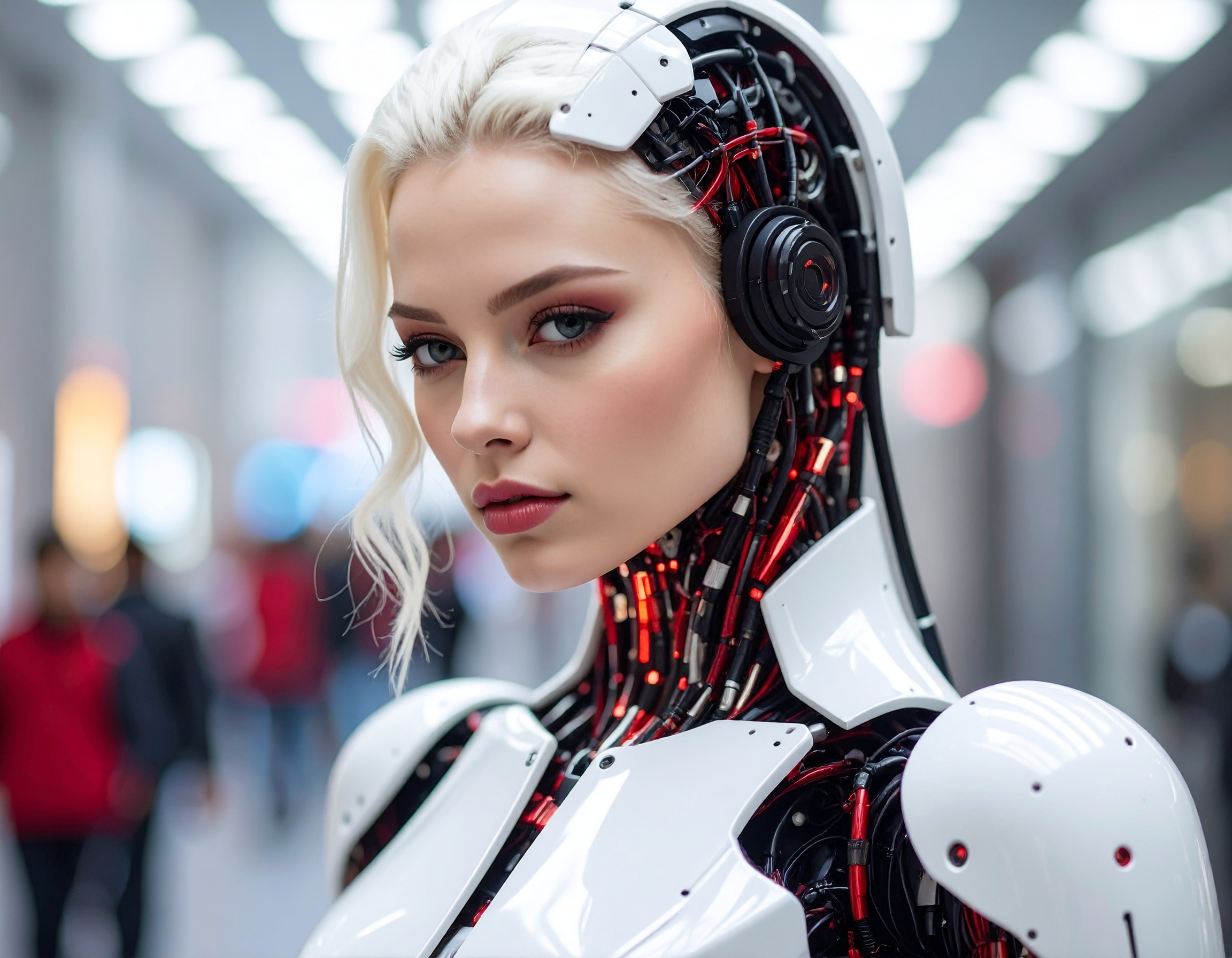Transforming Work: The Era of Intelligent Agents and Digital Workforce Evolution

The integration of intelligent agents and digital employees is poised to revolutionize the traditional work environment, enabling businesses to achieve greater efficiency and agility.
- Intelligent Agents and Automation:
Facebook's introduction of intelligent agents marks a pivotal moment in the digital workspace. These intelligent agents are sophisticated software programs equipped with advanced algorithms and machine learning capabilities. They can perform a wide range of tasks autonomously, including data analysis, customer support, and content moderation. By automating repetitive and time-consuming tasks, intelligent agents free up human workers to focus on more complex and creative endeavors.
- Non-Human Workers and Augmented Workforce:
The emergence of non-human workers, such as chatbots and virtual assistants, is transforming the dynamics of the modern workplace. These digital employees can handle customer inquiries, provide personalized recommendations, and even assist in decision-making processes. With their ability to work around the clock and handle high volumes of tasks simultaneously, non-human workers significantly enhance operational efficiency and customer satisfaction.
- Benefits and Implications:
The integration of intelligent agents and non-human workers brings several benefits to organizations. Firstly, businesses can experience increased productivity and cost savings by automating routine tasks. Secondly, the use of intelligent agents and digital employees enables businesses to scale operations rapidly and handle spikes in demand effectively. However, it is crucial to address potential concerns surrounding job displacement and the need for upskilling the human workforce to adapt to this digital transformation.
- The Future of Work:
The introduction of intelligent agents and non-human workers is indicative of a broader trend in the future of work. As technology continues to advance, the role of humans in the workplace is evolving. Rather than replacing human workers, intelligent agents and digital employees are augmenting their capabilities and enabling them to focus on higher-level tasks that require creativity, critical thinking, and emotional intelligence. This shift allows for a more harmonious collaboration between humans and machines, unlocking new possibilities for innovation and growth.
Facebook's embrace of intelligent agents and non-human workers highlights the growing importance of leveraging technology in the digital workforce. As organizations strive for greater efficiency and agility, the integration of intelligent agents and digital employees becomes increasingly crucial. By automating routine tasks and augmenting human capabilities, businesses can unlock new levels of productivity, innovation, and customer satisfaction. However, it is essential to navigate the potential challenges and ensure a smooth transition for the human workforce. As we move forward, the rise of intelligent agents and non-human workers promises to reshape the future of work and revolutionize the way we collaborate and thrive in the digital era.

Key Highlights:
- Revolutionizing Work Dynamics: Explore how the introduction of intelligent agents signifies a pivotal moment, revolutionizing traditional work environments by automating routine tasks and allowing human workers to focus on more complex, creative endeavors.
- Non-Human Workers in Action: Understand the impact of non-human workers, such as chatbots and virtual assistants, in transforming the modern workplace. These digital employees can handle diverse tasks, from customer inquiries to decision-making processes, enhancing operational efficiency.
- Benefits for Organizations: Examine the benefits organizations can reap, including increased productivity, cost savings, and the ability to scale operations rapidly. Discover how intelligent agents and digital employees contribute to handling spikes in demand effectively.
- Balancing Efficiency with Concerns: Acknowledge the potential concerns surrounding job displacement and the need for upskilling the human workforce. Highlight the importance of addressing these challenges for a smooth transition to a more technologically integrated work environment.
- The Future of Work Unveiled: Delve into the broader trend in the future of work, emphasizing that intelligent agents and non-human workers aren't replacing humans but rather augmenting their capabilities. Witness the evolution of the workplace, fostering harmonious collaboration between humans and machines.
- Navigating Challenges: As organizations strive for efficiency and agility, it is crucial to navigate challenges effectively. The article emphasizes the importance of addressing concerns and ensuring a seamless transition for the human workforce.
- Promises of Collaboration: Conclude by highlighting how the rise of intelligent agents and non-human workers promises to reshape the future of work, fostering collaboration and unlocking new possibilities for innovation and growth in the digital era.
References:


